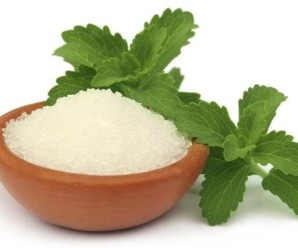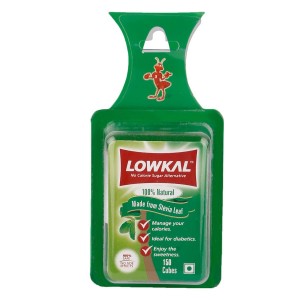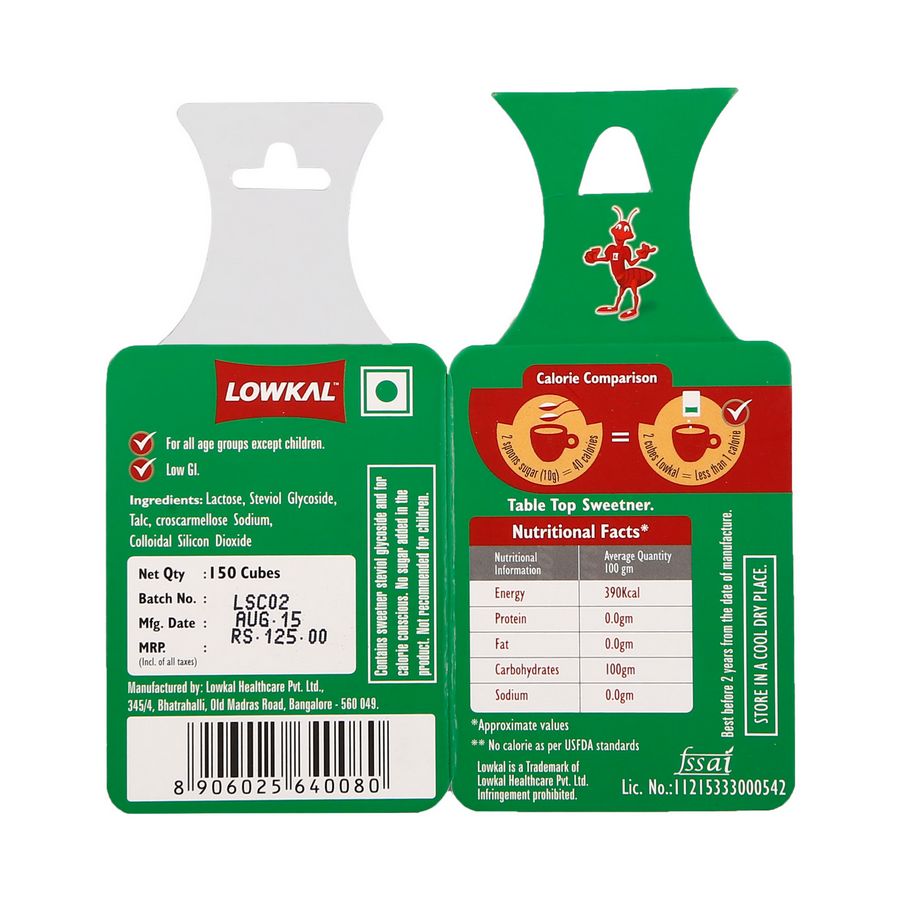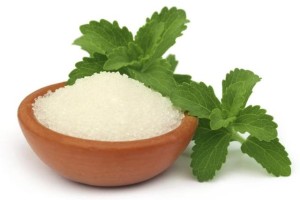Lowkal Stevia – A better Sugar alternative

Recent studies have concluded that sugar is toxic irrespective of its calories and irrespective of weight. Sugar delivers “empty calories” — calories unaccompanied by fiber, vitamins, minerals, and other nutrients. Large amounts of fructose from added sugars get turned into fat in the liver. Taking lot of sugar in food can lead to insulin resistance which predisposes to a lot of illness including metabolic syndrome, diabetes mellitus, hypertension, obesity, cardiovascular diseases and even certain cancers.
A sugar substitute is a food additive that provides a sweet taste like that of sugar while containing significantly less food energy. Research into sweeteners shows they are perfectly safe to eat or drink on a daily basis as part of a healthy diet. Like sugar, sweeteners provide a sweet taste to foods and drinks, but what sets them apart is that, after consumption, sweeteners don’t increase blood sugar levels. They are stevia, aspartame, sucralose, neotame, acesulfame potassium (Ace-K), saccharin, advantame, cyclamate. Besides, preventing the disease conditions listed above, may sugar substitutes cost lower than the commercial sugar itself. Stevia has been widely used as a natural sweetener in South America for centuries and in Japan since 1970. Due to its unique characteristics of zero glycemic index and zero calories, it is fast becoming popular in many other countries.
In addition to its sweetening qualities, stevia tea is purported to have therapeutic uses that include lowering blood sugar levels in diabetics, aiding digestion, and improving oral health.
A research study from Brazil, published in 1986, showed that taking stevia preparations at 6 hour intervals over 3 days helped to significantly improve glucose tolerance.
Consumption of stevia in preloads significantly lowered postprandial insulin levels compared to both aspartame and sucrose, as well as postprandial glucose levels compared to sucrose. Consumption of aspartame in preloads also reduced postprandial glucose compared to sucrose at twenty minutes following consumption of the preload.
Before Introducing the Lowkal Sugar, Please take a minute to watch this entertaining video.
Lowkal Stevia is a natural alternative to sugar. It is made from a plant leaf. The lea ves are several times sweeter than sugar but with zero calorific value. The manufacturers claim that the Lowkal Stevia contains Steviol Glycosides, which are extracted from the leaves of the stevia plant. These compounds range in sweetness from 40 to 450 times sweeter than table sugar. They are heat-stable, pH-stable, and do not ferment. It is a plant of the Asteraceae (sunflower) family, the leaves of which have been used as a sweetener in South America for hundreds of years.
ves are several times sweeter than sugar but with zero calorific value. The manufacturers claim that the Lowkal Stevia contains Steviol Glycosides, which are extracted from the leaves of the stevia plant. These compounds range in sweetness from 40 to 450 times sweeter than table sugar. They are heat-stable, pH-stable, and do not ferment. It is a plant of the Asteraceae (sunflower) family, the leaves of which have been used as a sweetener in South America for hundreds of years.
The other ingredient is Erythritol, a naturally occurring sugar alcohol that is found in our bodies, as well as in fruits and vegetables. It is 40-50% as sweet as table-sugar. It has a glycemic index of zero, so it sweetens without adding calories or spiking blood sugar levels.
Nutritional facts about Lowkal Stevia:
| Nutritional information | Average quantity per 100 gm |
| Energy | 390 K Cal |
| Protein | 0.0 gm |
| Fat | 0.0 gm |
| Carbohydrates | 100 gm |
| Sodium | 0.0 gm |
* 1 Lowkal Stevia sachet is equivalent to 3.9 K Cal
The Sugar is available to buy online or at your nearest stores.
References:
Stevia and effect on blood sugar levels
Effects of stevia, aspartame, and sucrose on food intake, satiety, and postprandial glucose and insulin levels






